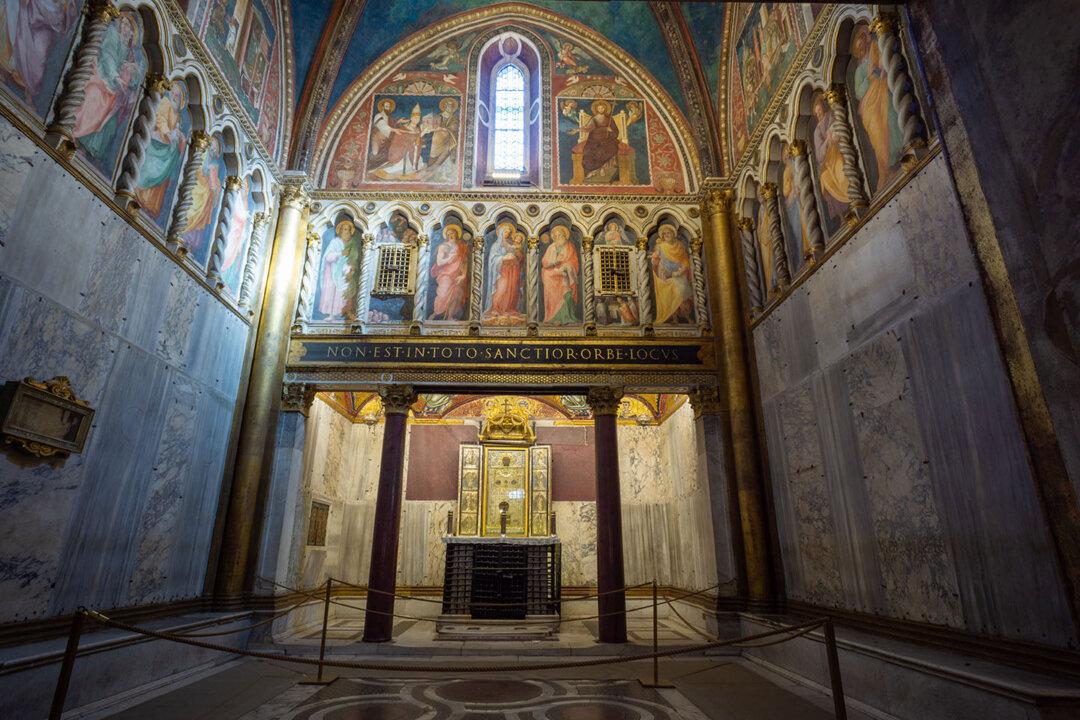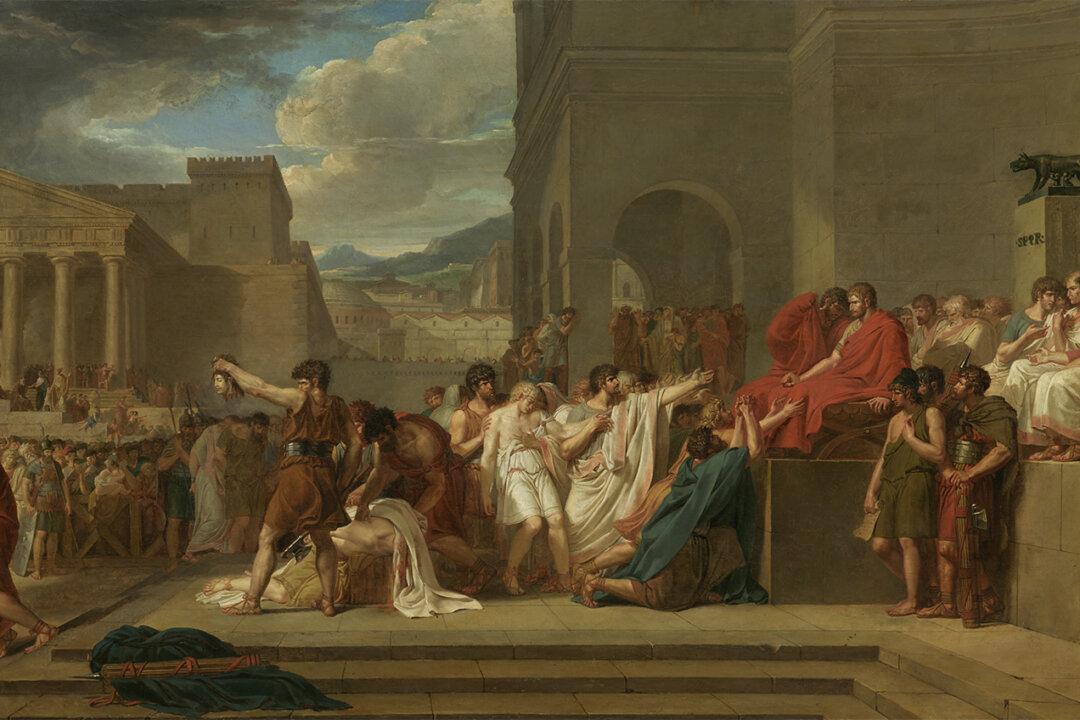From Luciano Pavarotti to Jonas Kaufmann, talented tenors have vied to interpret the much beloved role of André Chénier—the French poet of the revolutionary generation, memorialized in the musical repertoire by Umberto Giordano’s popular 1896 opera. With a succession of passionate arias, the composer charts the tragic story of the talented poet, whose life was cut short by the infamous Reign of Terror.
On stage, the young Chénier righteously advocates for the suffering people before the lascivious aristocrats, falls passionately in love during the turbulent revolution, and at the end is unjustly sentenced to the guillotine. Accompanied by his lady, he announces the triumph of infinite love even in the face of gloomy death.





